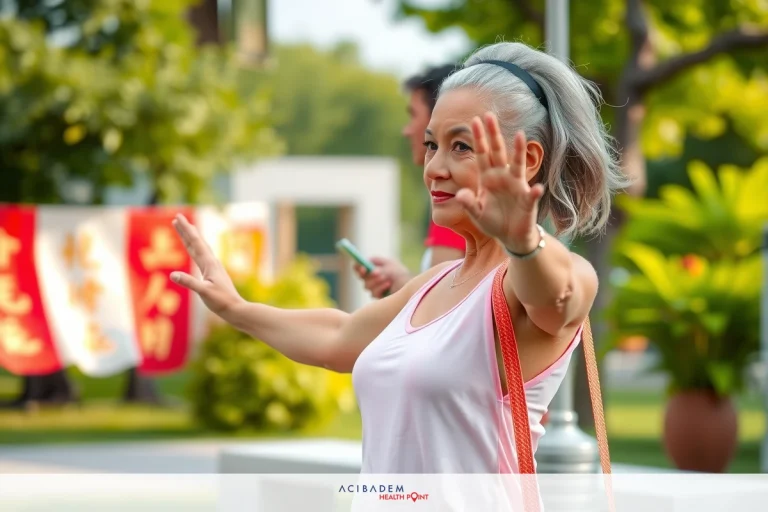What Social Activities Are Safe for Patients on Monoclonal Antibody Therapy? Living with monoclonal antibody therapy can be challenging. Many patients wonder about safe ways to stay social. It is important to balance health and happiness.
Can you go outside? Yes. Outdoor events are often safe. Fresh air reduces risks so parks or gardens might be good choices.
Small gatherings also work well. Close friends or family create a safer environment compared to large crowds. Keeping groups small helps manage exposure.
Virtual activities offer another option. You stay connected without physical contact which means zero risk of exposure. Try video calls or online games for fun interactions.
Finding the right activities keeps life enjoyable while staying safe during treatment.
Can Patients Go to Outdoor Events?
Outdoor events are generally safe for patients on monoclonal antibody therapy. Fresh air and space help reduce risks. Being outside allows you to enjoy social activities without much worry. Parks, gardens, and open spaces offer perfect spots. These places let you keep your distance from others easily.
When considering outdoor events think about the time of day. Early mornings or late afternoons tend to be less crowded. This means fewer people around and lower risk of exposure. You can take a walk or have a picnic during these times.
Always check the weather before heading out. Mild weather makes it easier to stay comfortable outdoors for longer periods. On very hot or cold days limit your time outside to avoid any discomfort or health issues.
Bring essentials like water, snacks, and hand sanitizer with you when going out. Staying hydrated is key in keeping healthy while enjoying outdoor activities so remember this tip. Hand sanitizer helps maintain cleanliness after touching surfaces in public areas too.
In summary, fresh air reduces risks significantly, and choosing less busy hours adds safety measures. Mild weather conditions contribute positively towards enjoyable patient activities, ensuring everyone enjoys their outings comfortably within the context of available therapies.
What Social Activities Are Safe for Patients on Monoclonal Antibody Therapy? Are Small Gatherings Safe?
Small gatherings with close friends or family are usually safe. Keeping the group small reduces risks. This makes it easier to enjoy social activities for patients on monoclonal antibody therapy.
When planning a gathering choose well-ventilated spaces. A backyard or open room works great. Fresh air helps minimize any potential exposure to germs.
Limit the number of guests invited. Fewer people mean less chance of spreading illness. Close friends and family who understand your needs should be prioritized.
Set some basic rules before meeting up. Ask everyone to wash their hands often and wear masks if needed. Simple steps like these can make a big difference in safety.
Discuss health measures with your friends and family ahead of time – this ensures everyone is on the same page

regarding expectations during therapy sessions. This allows meaningful connections without compromising wellbeing standards set by medical professionals overseeing each case based on unique circumstances faced daily across diverse patient populations worldwide.
What Social Activities Are Safe for Patients on Monoclonal Antibody Therapy? Is It Okay To Visit Parks?
Visiting parks can be a good option for patients on monoclonal antibody therapy. Parks offer open spaces which make social distancing easier. You can enjoy nature while staying safe.
Choose parks that are less crowded. Early mornings or weekdays usually have fewer visitors. This helps you avoid close contact with others reducing risk.
Bring your own food and drinks to the park. Having your own snacks limits interactions with people at food stands. Remember to pack hand sanitizer as well.
Plan activities that keep you moving but allow distance from others. Walking trails or bird watching are great options. These activities let you stay active without getting too close to anyone else.
Spending time outdoors in parks provides both mental and physical benefits, making it one of the best choices among patient activities available today. Enjoying fresh air and sunshine boosts mood while maintaining essential safety measures during local therapy sessions.
Should Patients Avoid Crowded Places?
Crowded places should be avoided by patients on monoclonal antibody therapy. These areas increase the risk of exposure. Staying safe means steering clear of large groups.
Shopping malls and busy markets are high-risk spots. They have many people in close proximity which makes it hard to keep distance. It’s best to skip these locations whenever possible.
Public transport can also be risky due to confined spaces and lack of ventilation. Opt for private transportation or walk when you can. This minimizes contact with others and keeps you safer.
Large events like concerts or sports games pose a significant threat too. The sheer number of attendees boosts your chances of coming into contact with germs so it’s wise to avoid them altogether during this time period.
By avoiding crowded places you reduce your exposure risks significantly while still engaging in safe social activities tailored specifically towards enhancing overall quality-of-life experiences amidst ongoing patient treatments.
How About Virtual Activities?
Virtual activities are very safe for patients on monoclonal antibody therapy. They allow you to stay connected without physical contact. This reduces any risk of exposure.
Video calls with family and friends can be fun. You see their faces, share stories, and laugh together. It feels almost like being in the same room while staying apart.
Online games offer another way to connect. Play multiplayer games with friends or join gaming groups online. Games provide entertainment and social interaction at the same time.
Virtual book clubs or movie nights are also great ideas. Discuss books or watch films together through video chats. These activities help keep your mind engaged while enjoying company from afar.
Using virtual means ensures that patient activities remain both enjoyable and safe within context provided by ongoing treatments available locally.
Frequently Asked Questions








